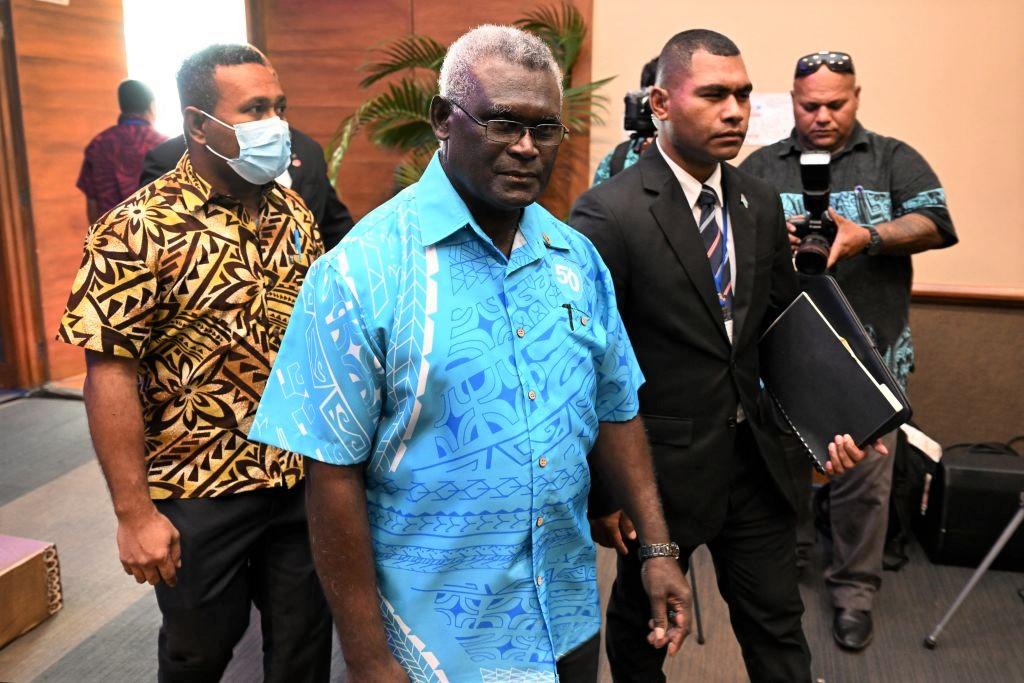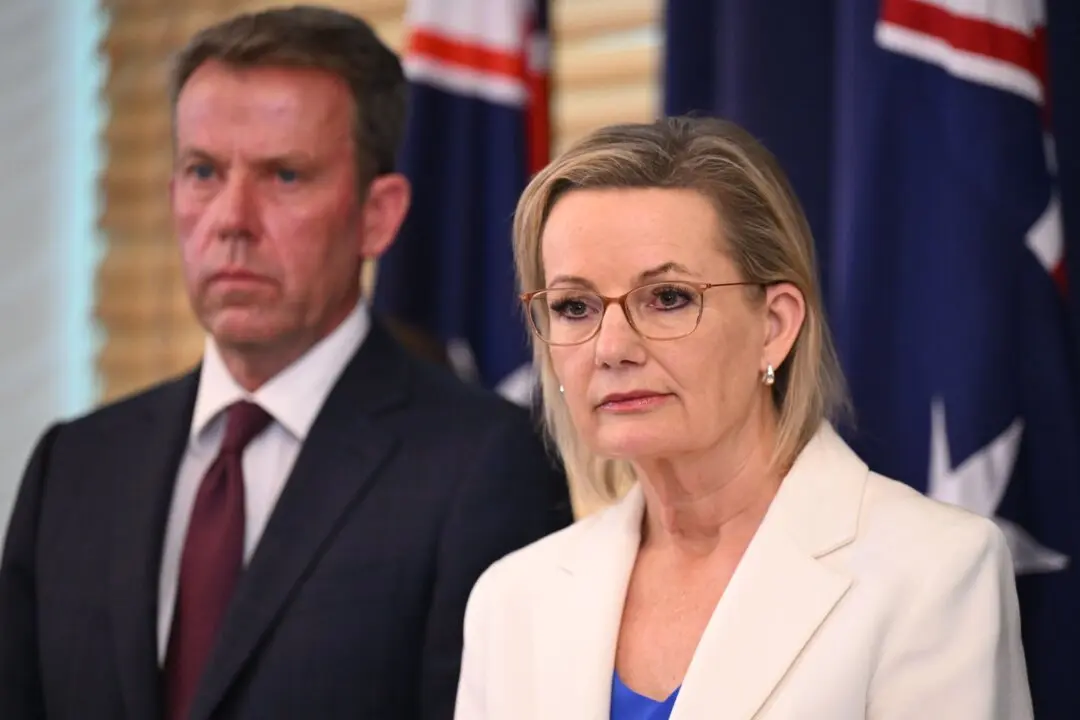The last pockets of resistance in a small Pacific nation against the encroaching influence of the regime in Beijing are being steadily eliminated by the compliant national government.
Former provincial leader Daniel Suidani, who was ousted from office in a contentious no-confidence vote in early February, is being forced to explain why he isn’t a foreign agent or risk being barred from holding office.





